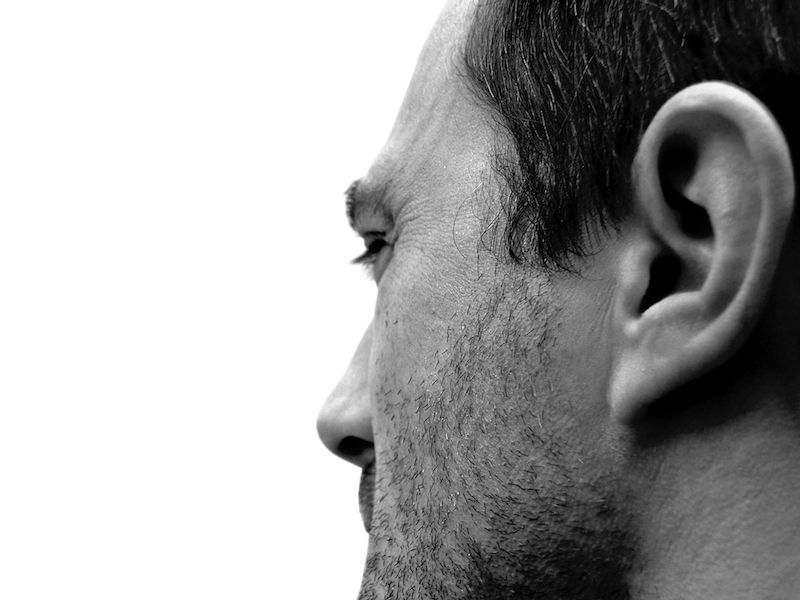
Tinnitus flare ups are not usually constant; it seems difficult to understand why and when these sounds occur. Perhaps you’re getting into bed one night and, apparently out of nowhere, your ears begin to ring something fierce. As you lie in bed, you think back over your day, and there are no clear triggers for this episode: There is no discernible reason why, at 9 PM, ringing is taking place, no loud music, no loud fire alarms, nothing.
So maybe it’s the something you ate. We don’t normally think about the connection between food and hearing, but there’s a bit of research and evidence to suggest that tinnitus can be made worse by certain foods. The key for you is understanding what those foods are, so you can stay away from them.
Some Foods Which Trigger Tinnitus
Let’s just cut right to the chase, shall we? You don’t want to experience a food triggered tinnitus episode so it’s important to recognize which foods can cause it. Here are some foods to stay away from:
Alcohol
Alcohol and tobacco should be high on the list of items to avoid. Okay, alright, “tobacco” isn’t actually food, but if you want to reduce tinnitus episodes (and the intensity of those episodes), you’ll avoid smoking and drinking as much as possible.
Your general health can be drastically impacted by alcohol and tobacco especially your blood pressure. Your tinnitus is increasingly more likely to flare up the more you smoke and drink
Sodium
One of the most useful predictors of tinnitus flare-ups is your blood pressure. When your blood pressure rises, your tinnitus worsens. That’s the reason why when you set your list of foods to stay away from, sodium should be at the top. Whether you enjoy french fries or just put salt on everything, you’ll want to cut way, way back.
There are many foods that are shockingly high in sodium, also, like ice cream (which you don’t commonly think of as tasting particularly salty). But to prevent any sudden tinnitus episodes you will need to keep your eye on sodium content.
Fast Food
It shouldn’t be surprising that you should avoid fast food if you are avoiding sodium. Even fast food places that claim to be a more healthy option serve food that is extremely high in sodium and fat. And, clearly, your blood pressure and your tinnitus will be adversely affected by this type of diet. Let’s not forget the huge drinks they serve which are extremely high in sugar. Yes you guessed it, sugar is next on the list.
Sweets And Sugars
Candy is something that we all love. Well, maybe not everybody, but most of us. Every now and then, you’ll come across someone who sincerely prefers broccoli over candy. No judgment here.
Sadly, sugar can completely throw off the stability of glucose in your body. And as you’re attempting to get to sleep at night, a small disturbance to that balance can mean lots of tossing and turning. In the quiet of the night, while you lie there awake, it becomes a lot easier to start to hear that ringing.
Caffeine
There’s an apparent reason why we saved this one for last. This is the one we’re least pleased about needing to give up. But your sleep cycle can be dramatically impacted if you have any caffeine late in the day. And the worse your quality of sleep, the more your tinnitus is likely to flare up.
It’s actually the lack of sleep, not the caffeine that’s the issue. Have your coffee or tea in the morning, and change to a non-caffeinated beverage before dinner.
What Are Your Smartest Practices?
This is certainly not a comprehensive list. Your hearing professional is the best place to begin concerning the dietary adjustments you need to undertake. Let’s not forget that dietary adjustments impact everyone in a unique way, so it may even be worth maintaining a food journal where you can track what affects you and by how much.
Knowing what foods can cause a tinnitus episode can help you make more intelligent choices moving forward. When you start monitoring how your ears react to different foods, the reason for your tinnitus could become less mysterious.
If you go for that last cup of coffee, at least you know what you’re dealing with.

